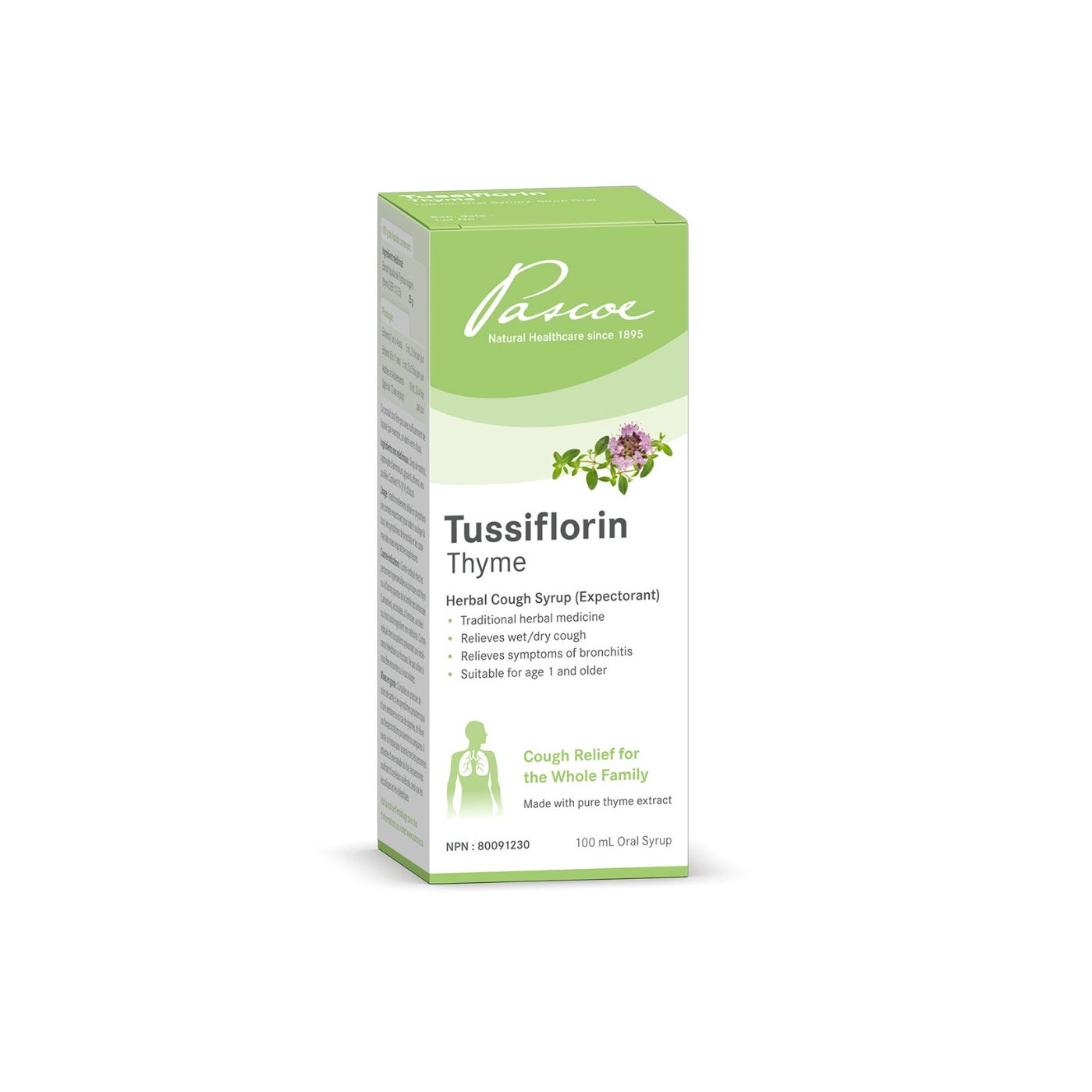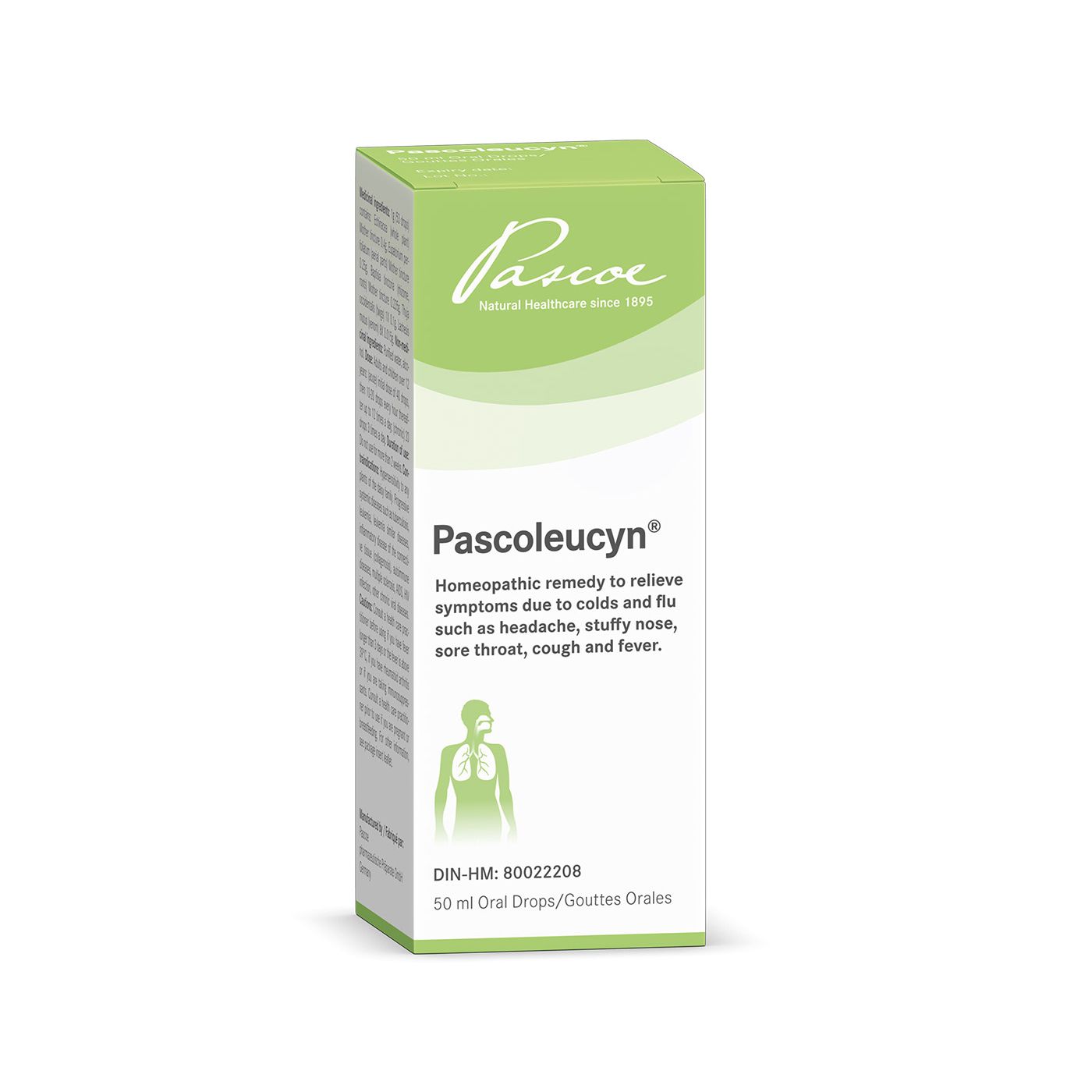

Bronchitis
Bronchitis is a condition of the respiratory system. It is an inflammation of the bronchial tubes that lead to the lungs. These tubes then become irritated and swollen.
As one part of our respiratory system, they are responsible for carrying the air we breathe to our lungs. When we breathe air in through our mouth or nose it enters our trachea, also known as the windpipe. From there, it enters the two bronchial tubes which are in our lungs.
These two central airways divide into smaller and smaller tubes, called bronchioles. The small tubes end in tiny air sacs that ensure that air gets evenly distributed.
When the lining of the bronchial tubes gets inflamed and swollen, it can cause difficulty breathing, shortness of breath and wheezing. Also, the perfusion of oxygen into our bodies is reduced.
The most common signs are
- Cough - it is often a productive cough with increased mucus and sputum production
- Chest pain
- May have associated symptoms of a common cold if that preceded the infection, these include a sore throat or headache
- Shortness of breath
- Wheezing
The main cause is when something unwanted gets into the bronchial tubes. The most common triggers are viruses, bacteria, and lung irritants such as cigarette smoking.
How do you get bronchitis?
Acute bronchitis often develops from a cold or other viral respiratory infections. What starts as a cold or flu-like illness moves further down into the lungs. There, it causes swelling in the tubes. However, it can also be caused by a bacterial infection or irritant particles.
When the immune system senses the germs or triggers, it sends an immune response to the bronchial mucous membranes. This leads to increased circulation and immune activity in the area.
It results in swelling and heat within the tube. This makes it much harder for air to move in or out of the tube. It can sometimes be heard as a wheezing sound.
How does it affect the respiratory system?
Depending on how long the symptoms last, it is either referred to as acute bronchitis or chronic. Both are characterized by a cough, increased mucus, possible wheezing and chest pain.
Is bronchitis contagious?
The inflammation of the airways itself is not contagious, but the underlying infection is. That is why acute bronchitis can be contagious since a viral or bacterial infection often causes it.
Chronic bronchitis is often caused by long-term irritation of the airways and is thus not likely to be contagious.
According to the American Lung Association, acute bronchitis symptoms develop suddenly and typically last for 1 to 2 weeks.
However, chronic bronchitis symptoms last longer than 3 months and can occur multiple times per year. Symptoms of chronic bronchitis are coughs that produce bronchitis phlegm and often linger for months or years.
Chronic vs acute?
Both conditions are swellings of the bronchial mucous membrane due to a pathogen.
Acute bronchitis is also called a chest cold. It is a short-term inflammation that often develops from a previous respiratory tract infection. The primary symptom of the cough usually lasts a few days longer than the other cold symptoms such as increased mucus.
Chronic bronchitis is a permanent inflammation and belongs to the so-called chronic obstructive pulmonary disease (COPD). It is diagnosed if the symptoms occur within two years for longer than three months per year in one stretch.
How to treat bronchitis?
The treatment depends on the underlying bronchitis causes. In the case of a viral infection, it is often not necessary to treat acute bronchitis. However, in case of a bacterial infection, your doctor might prescribe antibiotics. A blood test can show an infection, and a sputum culture can confirm whether bacteria are involved or not.
Chronic bronchitis treatment on the other hand is more complex. It often includes drugs that help open the airways and reduce inflammation. Oxygen therapy and breathing exercises can make breathing easier. Periodic pulmonary function tests help to monitor how well the lungs work.
Both conditions are lung conditions and can sometimes be hard to tell apart. While bronchitis is inflammation of the airways, pneumonia affects the small air sacs in the lungs. Pneumonia lung infection can be caused by bacteria, viruses, or fungi.
The most common symptom of pneumonia is a cough with green, yellow, or bloody mucous. It also causes fever, shortness of breath, and fatigue.
A chest x-ray or a CT scan can help to distinguish between the different lung diseases.
The treatment depends on the pathogen that causes the condition.
1) Caused by viruses: treatment targets symptom relief.
- Drinking lots of fluids helps thin out and cough up the mucus.
- Expectorants including herbs such as thyme help to expel pathogens and mucus to ease breathing.
- Cough medicine (antitussives) might help to relieve the cough acutely but should not be used long-term.
- Mucolytics can help to break up the mucus that is stuck in the lungs so it can be expelled by coughing.
2) Caused by bacteria: treatment should be discussed with a healthcare practitioner and focus on killing off the bacterial infection.
3) Chronic condition: treatment should always be discussed with a healthcare practitioner.
- Bronchodilators open the airways in case of shortness of breath or trouble breathing.
- Anti-inflammatory medications help reduce inflammation. This can be done through corticosteroids or non-steroidal anti-inflammatories or herbal anti-inflammatories.
General immune support through home treatment is integral to strengthening the body:
- Drinking plenty of fluids
- Getting plenty of rest
- Eating fruits and vegetables
- Quitting cigarette smoking
- Avoiding second-hand smoke
- Using a humidifier at home
It is important to always check in with a healthcare provider to find the best course of treatment.






